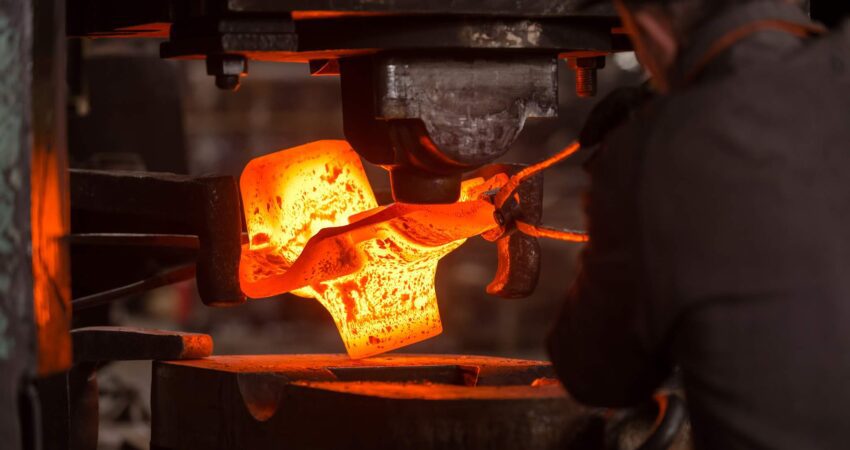The forging industry is a critical sector that plays a pivotal role in shaping various industrial segments by transforming raw materials into sturdy and reliable components. In this quest for precision and quality, temperature control is paramount. To achieve the highest standards, the forging industry relies on advanced tools and technologies, and one of the most crucial components in this regard is the thermocouple. In this article, we will explore the applications and suitability of thermocouples in the forging industry.
Understanding Thermocouples
Thermocouples are temperature sensors that consist of two dissimilar metal wires joined at one end. When exposed to a temperature differential, they generate a voltage that is proportional to the temperature difference. This voltage can be accurately measured and converted into temperature values, making thermocouples indispensable for temperature monitoring in various industrial processes, including forging.
Applications in the Forging Industry
- Temperature Monitoring in Furnaces: In the forging industry, maintaining precise and consistent temperatures in furnaces is crucial. Thermocouples are used to measure and control the temperature inside the furnace, ensuring that the metal is heated to the correct forging temperature. This level of control is vital for the quality and reliability of the final product.
- Die and Tool Temperature Measurement: The durability of forging dies and tools is directly affected by the temperature they are exposed to during the forging process. Thermocouples can be embedded in or attached to these tools to monitor their temperature, allowing for timely cooling or maintenance to prolong their lifespan.
- Heat Treatment Processes: Heat treatment is often a part of the forging process. Thermocouples are essential for monitoring and controlling the temperatures during these processes to achieve the desired material properties and hardness.
- Product Quality Assurance: Consistency in temperature control ensures consistent product quality. Thermocouples are used to monitor the temperature of the workpiece during forging, helping to prevent overheating, underheating, and potential defects.
Suitability for Forging Applications
- High Temperature Resistance: Forging involves extreme temperatures, and thermocouples are designed to withstand these harsh conditions. They can reliably measure temperatures ranging from sub-zero to over 1000°C, making them ideal for the forging industry’s temperature range.
- Accuracy: The precision of thermocouples is essential in the forging process. Even slight temperature variations can affect the quality and strength of forged products. Thermocouples provide accurate temperature readings, ensuring quality control.
- Durability: In the demanding environment of a forging shop, equipment needs to be rugged and durable. Thermocouples are robust and can endure the physical and thermal stresses encountered during forging operations.
- Quick Response Time: Thermocouples offer rapid response times, allowing for immediate adjustments in temperature control. This agility is vital in the fast-paced world of forging.
Conclusion
In the forging industry, precision and control are paramount. The use of thermocouples has revolutionized the way temperatures are monitored and controlled, leading to a significant improvement in product quality and reliability. By providing high-temperature resistance, accuracy, durability, and quick response times, thermocouples have become an essential tool in the forging industry, ensuring the production of high-quality forged products.
At Yog Electro Process, we understand the unique requirements of the forging industry and offer a range of high-quality thermocouples and temperature sensors. Our commitment to excellence and customer satisfaction has made us a trusted name in the field for over 35 years. We look forward to assisting you with your temperature monitoring needs and helping you achieve superior results in the forging industry.
